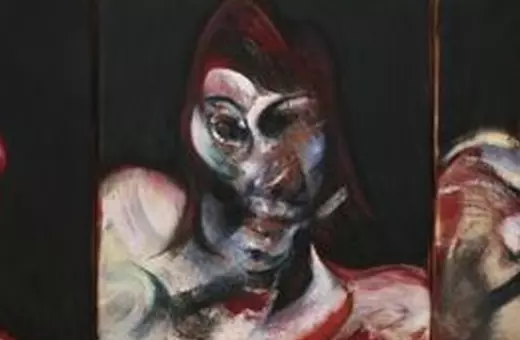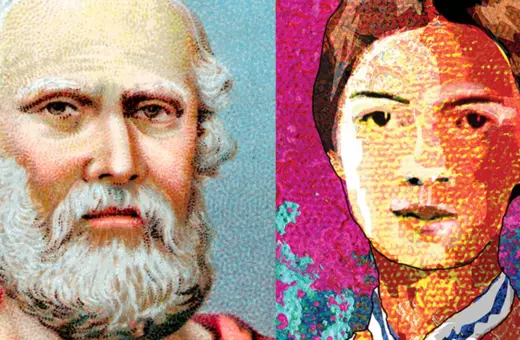Social media platforms don’t just change how we look, they change what a self is for. Author of Pixel Flesh, Ellen Atlanta, argues beauty culture intensifies and extends until our bodies fragment. Perfected images used to appear only occasionally, on Hollywood screens or in glossy magazines. Now Kylie Jenner inhabits the same screen as your cousin and the friend from school who became an influencer. The worry isn’t that beauty or vanity exists; it’s that our digitized beauty culture has weaponized them against the self.
In 1972, Susan Sontag wrote: “Men present themselves as face-and-body, a physical whole. Women are split, as men are not, into a body and a face—each judged by somewhat different standards.” Now, in the age of platform capitalism, it is so much worse than that.
Platforms don’t just change how we look; they change what a self is for. In the economy of the industrialized digital gaze, people become sets of parts to be remodelled. Crops, lenses, editing apps and tweakments train us into part-thinking: lips, waist, chin, nose, gonial jaw angle, nasolabial folds. Beauty culture intensifies and extends until our bodies fragment.
The self becomes an asset to be tuned, tracked and improved before visibility is permitted.
Philosophers have warned against treating persons merely as means. But platforms that reward superficiality invite exactly that: we instrumentalize ourselves. Phenomenologists demarcate the lived body (the one I am) from the object body (the one I look at): filters and editing tools coach us towards the latter, to regard ourselves as voyeurs. Value theory distinguishes intrinsic from instrumental worth; metrics in our hyper-visual digital realm tilt us toward measuring being by performing. And if flourishing is the aim of life, eudaimonia can hardly survive when the telos is perpetual re-optimisation—there is no arrival, only the next fix. Makeover is a present tense verb because it was never about the finished product; the goal, in this market, is endless reconstruction.
The worry isn’t that beauty or vanity exists; it’s that our digitized beauty culture has weaponized them against the self.
___
Beauty culture intensifies and extends until our bodies fragment.
___





















Join the conversation